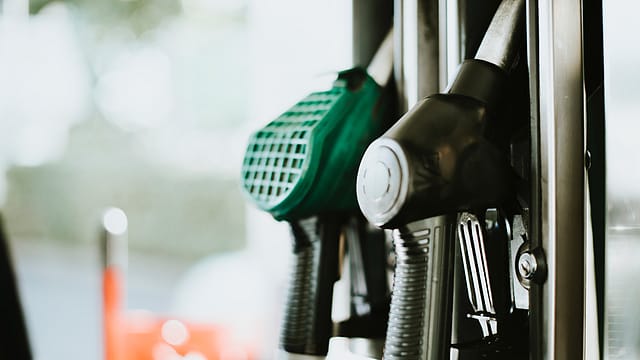Interim Budget 2019: What the biofuel industry needs
ADVERTISEMENT

India is the third largest importer of petroleum products in the world. The import of petroleum products is one of the key causes for the foreign trade imbalance. In order to mitigate the challenges of rising oil prices and falling rupee exchange rates, India has embarked on an ambitious programme to encourage alternative fuel such as bio-fuel, solar, natural gas, etc.
However, one needs to step-up the budgetary support and reduce taxes in order to enable the non-conventional energy sector to achieve the required cost efficiency to be commercially viable. It would go a long way if the budget increases the allocation for expanding the non-conventional energy footprint in India. The industry requires incentivisation to set-up bio-fuel plants in the agrarian hubs like Punjab, Haryana and Uttar Pradesh, which surround the capital city of the country. On one hand, such bio-fuel plants could consume the agricultural waste and help in containing the pollution around the capital city. On the other hand, it would also bring down the oil import bill as bio-fuel could be easily blended with petroleum products and can be seamlessly used as a fuel.
From a customs perspective, it is recommended that exemption be granted for import of capital goods required for initial setting up of waste to bio-fuel plants. It is worth noting that new industrial undertakings have significant expenditure in their initial years of business including depreciation on sizeable capital equipment/plant and machinery, and other items such as technology, training of manpower and research/testing and interest cost.
January 2026
Netflix, which has been in India for a decade, has successfully struck a balance between high-class premium content and pricing that attracts a range of customers. Find out how the U.S. streaming giant evolved in India, plus an exclusive interview with CEO Ted Sarandos. Also read about the Best Investments for 2026, and how rising growth and easing inflation will come in handy for finance minister Nirmala Sitharaman as she prepares Budget 2026.
As a result, these undertakings do not derive profit from their business in the initial years. Therefore, it is recommended that undertakings producing bio-fuels should be granted 100 percent deduction from profits for ten consecutive years starting from the year in which the business is commenced. Such incentives will help to reduce the CapEx cost and increase the feasibility of such projects.
Further, the oil industry should be mandated to procure a higher percentage of bio-fuels. In Brazil, the current standards require 27% blended gasoline. Compare this with India where the ethanol blending percentage in petrol is around 2.0 percent and substantially falling short of the targeted 5 percent. Bio-fuels other than ethanol constitute a negligible percentage of bio-fuel used for blending. If there is a policy framework with appropriate budgetary support to convert municipal and agrarian waste into fuel, one can easily meet the bio-fuel blending targets. Accordingly, the budget should provide for incentivisation of investment in ‘waste to bio-fuel’ plants so that India can catch-up with large agrarian countries like Brazil. Further, the excise duty and CST on the sale of petrol and diesel should be brought down to compensate for non-creditable GST incurred on the procurement of bio-fuel. Further, a clear timeline should be set for the introduction of GST in petroleum sector so that taxation of bio-fuel may be integrated with the taxation of petrol/diesel and bring in greater efficiencies in manufacturing, storing and transportation of bio-fuel.
India is gaining a reputation for its excellence in technology development. However, we still have not come out with a major breakthrough for conversion of ‘waste to bio-fuel’. We should encourage research and capacity building in ‘waste to bio-fuel’ technology so that the cost of construction of such facility comes down in a manner in which the solar industry brought down its CapEx cost. The need of the hour is to stimulate the capital goods manufacturing industry focusing on bio-fuel plant manufacture to expand its capacity and bag more orders. This can easily be achieved by a measure of budgetary incentives like subsidy, reducing taxation, tax holidays, etc. It will also boost the income of the rural agrarian sector.
Views are personal.
Anoop Kalavath is senior director, Deloitte India; and Maitri Vikam is manager at Deloitte Haskins & Sells LLP
